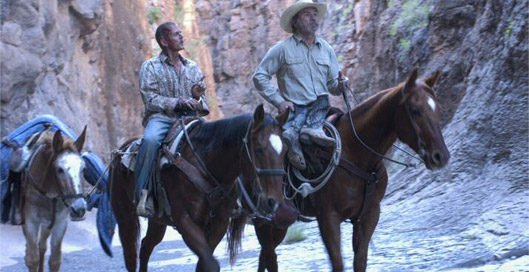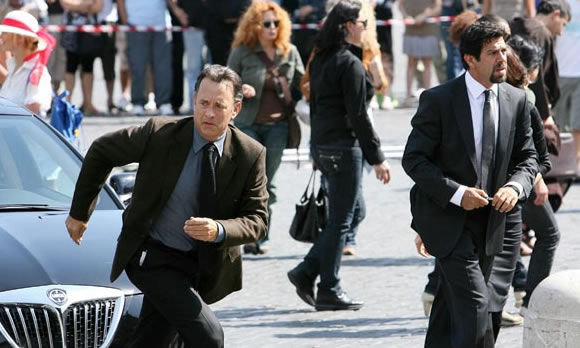Harrison Ford, Michael Winner, Peter Coyote: Three Perspectives on Money
 Michael Winner: Just a Working Class Bloke
Michael Winner: Just a Working Class Bloke
A BBC news anchor revealed her salary on air last week, the next twist in the expenses scandal that may be about to bring down the British government. The newspaper that broke the story has asked various figures in public life whether or not they would be willing for the public to know what they earn; and, probably because he's a good sport willing to talk about anything to the media at any time, Michael Winner, director of 'Death Wish' responded:
"A trained gorilla can read an autocue and look at a camera. [Carrie Gracie's £92,000 salary] doesn't represent any discernable value – unlike box office takings in a theatre, for example. It's only what these people say they are worth.
Of course, I do commercials and things, and the difference is they can see how many insurance policies have sold, or how many cups of coffee are selling. Whereas newsreaders are just part of the furniture.
With most television programmes, there's a gauge. You can tell what kind of audience they attract because the public are interested in watching. But not with the news. People are always going to watch the news.
As a movie director, I earned a great deal. As for my income now, well, it varies year by year. Am I prepared to put a figure on it? That's a no."
I remember Harrison Ford giving an interview to the effect that he considered himself an emplyee within a service profession, and deserved to be compensated proportionate to the amount he made for his bosses. If his presence in a movie meant a difference of a few hundred million dollars then Ford wanted an appropriate cut. He has a point, but so did Peter Coyote in his suggestion last year that well-paid stars should forgo a portion of their income:
"You cannot grow roses without mulch. While stars represent the beautiful blooms of the industry, the soil of the industry, the medium of growth supplied by all those who surround you, is being starved for nourishment. Eventually, this lack of payback to the medium supporting all the growth will kill, if not the plant itself, at least its quality and vitality. Our industry is not secure while the majority of its players are not. To change the situation requires consciousness, solidarity, and power. We have the consciousness and solidarity. We appeal to you for help with the power."
I rather like Peter Coyote.

 I took another look at Tommy Lee Jones' directorial debut 'The Three Burials of Melquiades Estrada' at the weekend - I was struck on my first viewing three years ago at the level of craft and understanding of how to tell a story, not to mention the meaning of the story it's trying to tell: one of how America (or any other protagonist) needs to grow up. This time round, I was even more astonished - this film is so knowing about human relationships, loneliness, the power of economics to kill or liberate, and so delicate in its handling of what could otherwise have been either a horror film or a zombie comedy.
I took another look at Tommy Lee Jones' directorial debut 'The Three Burials of Melquiades Estrada' at the weekend - I was struck on my first viewing three years ago at the level of craft and understanding of how to tell a story, not to mention the meaning of the story it's trying to tell: one of how America (or any other protagonist) needs to grow up. This time round, I was even more astonished - this film is so knowing about human relationships, loneliness, the power of economics to kill or liberate, and so delicate in its handling of what could otherwise have been either a horror film or a zombie comedy. Our Film Talk
Our Film Talk